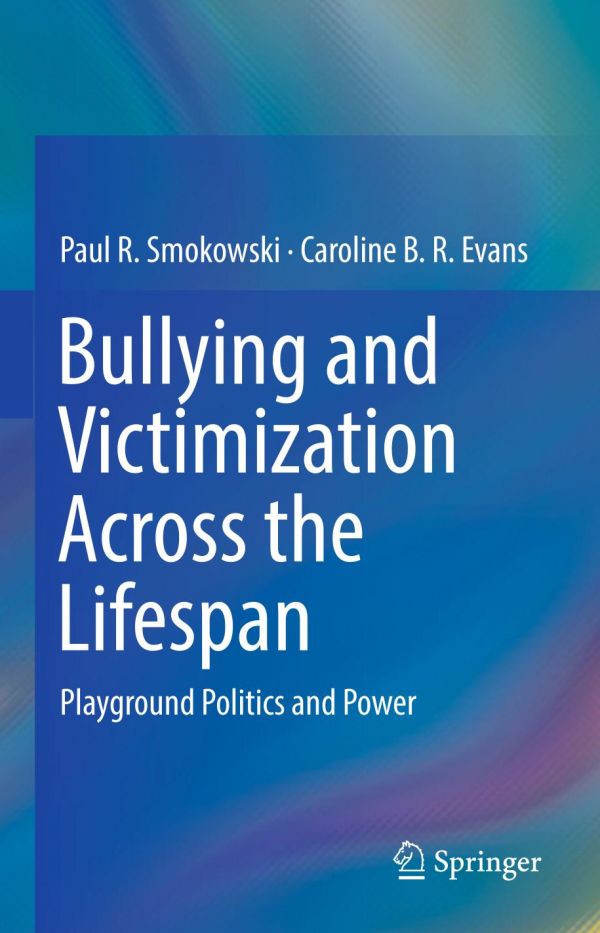

Most ebook files are in PDF format, so you can easily read them using various software such as Foxit Reader or directly on the Google Chrome browser.
Some ebook files are released by publishers in other formats such as .awz, .mobi, .epub, .fb2, etc. You may need to install specific software to read these formats on mobile/PC, such as Calibre.
Please read the tutorial at this link: https://ebookbell.com/faq
We offer FREE conversion to the popular formats you request; however, this may take some time. Therefore, right after payment, please email us, and we will try to provide the service as quickly as possible.
For some exceptional file formats or broken links (if any), please refrain from opening any disputes. Instead, email us first, and we will try to assist within a maximum of 6 hours.
EbookBell Team

0.0
0 reviewsThis book examines bullying and victimization at different points across the lifespan, from childhood through old age. It examines bullying at disparate ecological levels, such as within the family, in school, on the internet, at the work place, and between countries. This volume explores the connections between variations of bullying that manifests in multiple forms of violence and victimization. It also describes how bullying dynamics can affect individuals, families, and communities. Using a universal definition of bullying dynamics, chapters discuss bullying roles during different developmental periods across the lifespan. In addition, chapters review each role in the bullying dynamic and discuss behavioral health consequences, prevention strategies, and ways to promote restorative justice to decrease the impact of toxic bullying behaviors on society. The book concludes with recommendations for possible solutions and prevention suggestions.
Topics featured in this book include:
Bullying and Victimization Across the Lifespan is a must-have resource for researchers, professors, clinicians, and related professionals as well as graduate students in clinical child, school, and developmental psychology, social work, public health, and family studies as well as anthropology, social psychology, sociology, and criminology.